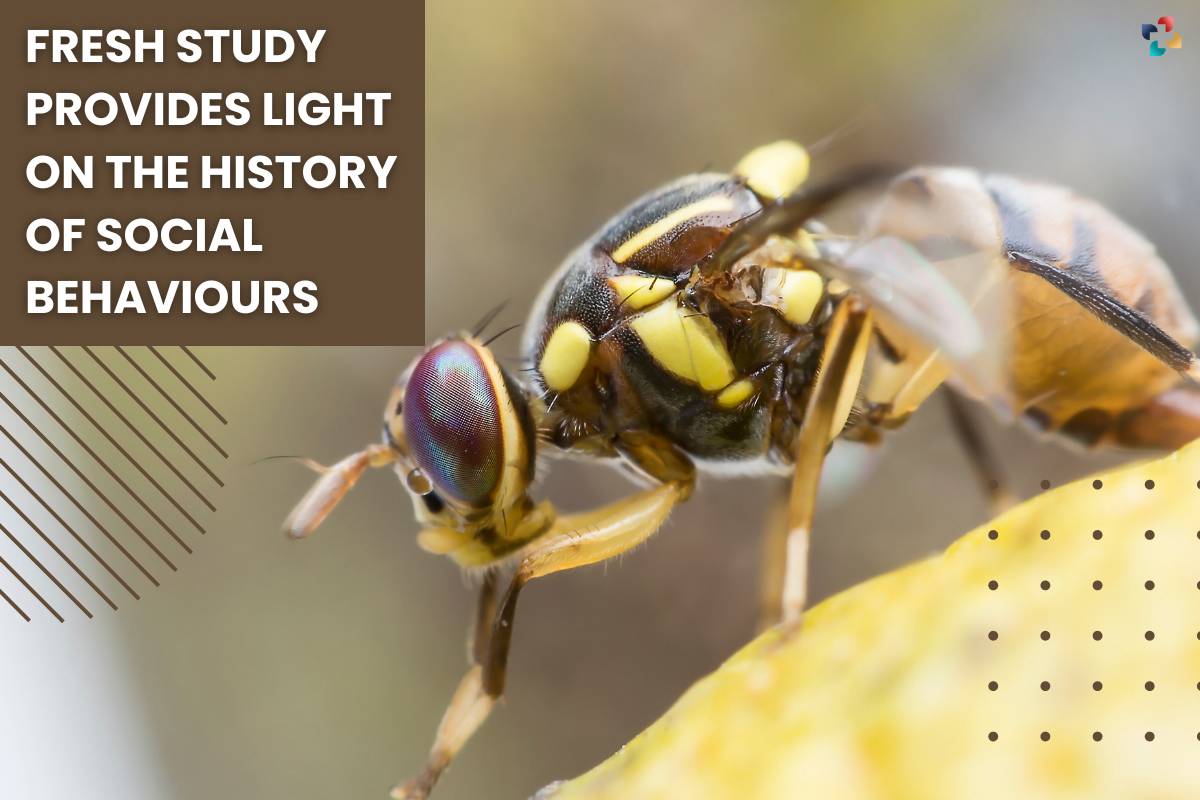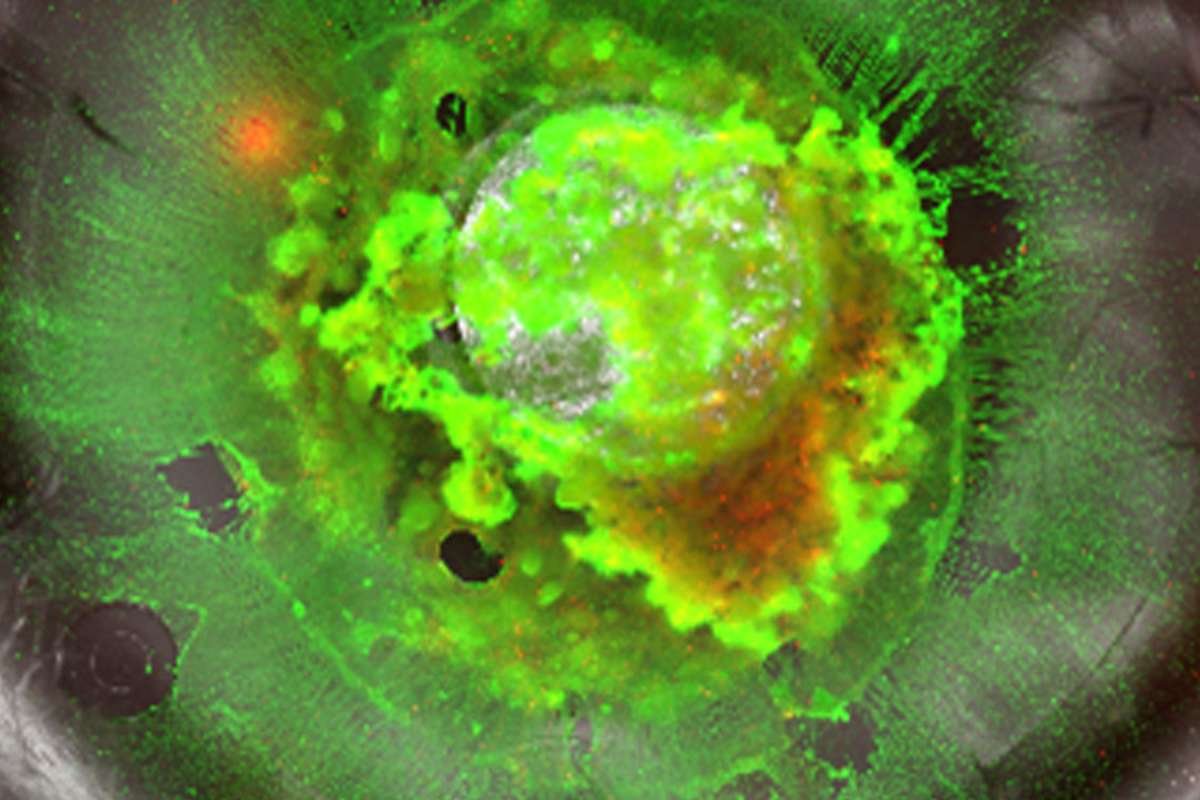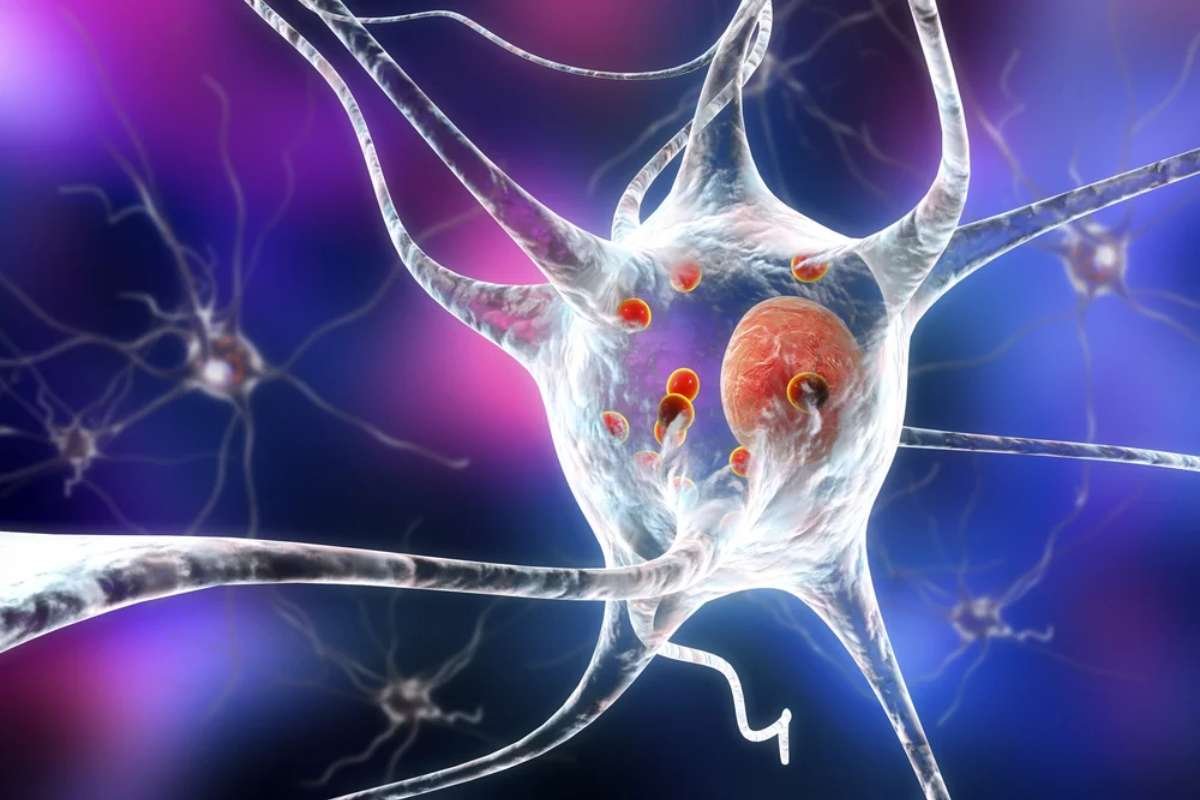Typically, male fruit flies are antisocial towards other males and prefer the company of females, which they recognise by chemical sensors. Nonetheless, new research conducted by Cornell University biologists suggests that fruit flies’ visual system is crucial to their social relationships.
This finding offers fresh perspectives on the possible causes of a wide range of human social behaviours, including those linked to diseases like autism and bipolar disorder.
Current Biology released the research not too long ago.
Social Behaviour and the Visual System
Numerous animal species control their social behaviour through eyesight, but the underlying mechanisms are mostly unclear. It is believed that fruit flies utilise their vision specifically for motion detection and tracking, rather than for social behaviour regulation. However, the researchers discovered that this may not be the case.
Senior author Nilay Yapici, an assistant professor of neurobiology and behaviour, said, “In our study, we found that hyperactivating the visual system overran the inhibition generated by chemical signals emitted by the male fly to say to the other male, ‘Okay, you know, I’m another male, don’t mess with me.'” “Interestingly, chemosensory inhibition is somehow overridden by increasing visual gain in the brain, attracting male flies to other males.”
The male brain’s visual feedback neurons’ GABARAP/GABAA receptor signalling was discovered to influence the flies’ social inhibitions. The males unexpectedly show enhanced courting towards other guys when GABARAP is knocked down in the visual system.
The fruit fly’s visual neurons are controlled by genes that are comparable to those in the human brain, according to the research. In disorders including autism and schizophrenia, social disengagement has been linked to a decrease in GABA signalling in the brain.
Lead author Yuta Mabuchi, Ph.D. ’23, stated, “Our results offer a promising avenue for investigating how these proteins regulate social behaviours in the mammalian brain and their potential contribution to human psychiatric conditions.”











